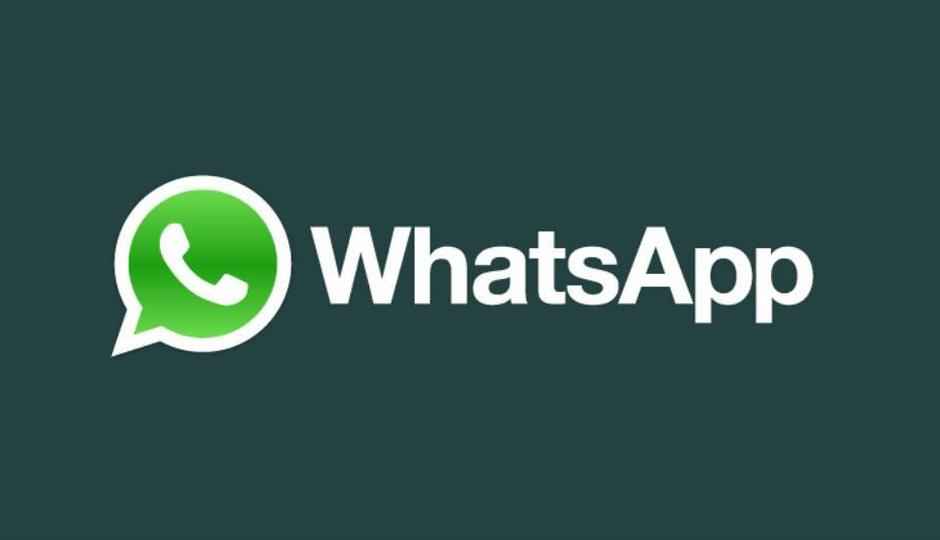WhatsApp accepts New Year blackout, issue expectedly resolved now

A massive number of messages sent by users all across the world possibly caused WhatsApp's servers to crash, halting new year messages on 31st night.
Many users in India, Europe and North America saw their WhatsApp messages failing to deliver on New Year’s eve, because of a blackout that the popular messaging service suffered. While service resumed within a few hours of the clock striking midnight, users kept facing issues of failing to connect to network, or messages not getting delivered despite being connected. WhatsApp’s VoIP voice calling service also suffered a similar blackout, with no calls going through.
The problem remained persistent through the first two days of 2016. A WhatsApp spokesperson has told Reuters that the messaging service had indeed suffered a blackout, and its engineers had been working to restore normalcy to the service. Most of WhatsApp’s services are now being expected to have been restored to normal conditions. The blackout is possibly a result of the massive rush over WhatsApp to send wishes and greetings on the new year. Indian telecom operators usually charge Re. 1 for every 160-character text messages during the new year, while WhatsApp provides free messaging services with no character count restraint, along with multimedia messaging support.
WhatsApp’s functionality in India returned to the usual within a few hours after midnight on 1st January, but users across the continents of Europe, North America and Africa continued to report network and connectivity issues with WhatsApp, two days into 2016. By today, all issues have expectedly been resolved.
WhatsApp is one of the most popular messaging applications across the world, providing voice calling and multimedia (audio, video, photographs) support alongside text messages. A recent leaked report also suggests that WhatsApp may be introducing a video calling feature within its application, along with adding support for multi-tab chat windows. While the video calling interface is expected to be similar to the present voice calling interface, the multi-tab chat windows are expected to reshuffle WhatsApp’s present interface format, along with making it more convenient to have multiple conversations at one time, in WhatsApp’s push for becoming an all-encompassing messaging suite.




